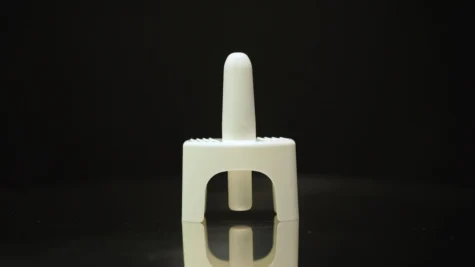It is commonly said that the first step is always the hardest. This is especially true when it comes to seeking help for substance abuse.
The journey to addiction recovery seems daunting, and the obstacles to getting help for substance abuse may seem unsurmountable.
However, recognizing these barriers and how to resolve them can set the stage for successful addiction treatment.
Continue reading to find out more about common barriers to seeking help for substance abuse and how you can overcome them!
Identifying Substance Abuse
Before we address the barriers that prevent individuals from finding assistance in fighting drug addiction, it is essential first to see that you have an issue with drugs or any other form of substances.
This can be hard to accept because denial and shame have been known as obstacles. Nonetheless, there are some symptoms which might suggest that you have a problem with substance abuse:
- You take drugs or drink alcohol more frequently than planned
- You feel strong urges or cravings to use
- Your body has built up tolerance, meaning you need more of the drug to achieve the desired effect
- Your relationships with friends, family members, coworkers, or colleagues have been affected by your drug use
If any of those symptoms sound familiar to you, please contact us.
Barriers to Seeking Help for Substance Abuse
Now that you know that you have a problem with substance abuse, it is crucial to understand the hurdles preventing you from asking for help. A few common barriers are:
- Concerns about being judged or stigmatized by others
- Financial worries about meeting treatment costs, such as insurance coverage
- Lack of knowledge on where to get assistance or what therapy options exist
- Fear of going through withdrawal or the detox process itself
- Minimizing or denying the severity of the problem
How to Overcome Barriers to Seeking Help for Substance Abuse
Getting over these challenges might seem impossible, but it is essential as seeking help for substance abuse represents a brave action toward healing.
Here are some suggestions to help you cross these fences:
- Take advantage of support from friends and family who can give non-judgmental support.
- Get information about various treatment options, such as counseling, self-help groups, and hotlines.
- Look for financial backing or reduced fee services if the treatment cost is a worry.
- Find a substance abuse specialist to get you through the detox process, which will minimize withdrawal symptoms.
- Recognize the seriousness of the situation and how it affects your life, and take small steps towards seeking assistance, even if it feels overwhelming.
Remember that you are not alone. It takes courage and strength to pursue help for substance abuse.
Recovery from Addiction and Mental health
Studies have shown that mental illness and drug addiction often come hand in hand with co-occurring disorders.
This means that successful recovery requires addressing both the mental health issue and the substance abuse problem.
Examples of typical dual-diagnosis mental health problems include depression, anxiety, trauma, or other conditions.
Seeking professional care can significantly enhance your chances of achieving treatment success.
Dual-Diagnosis Treatment
These co-occurring issues must be addressed to have a successful journey through rehab.
Notably, CBT and DBT are some of the therapies that can prove very effective.
These therapies enable individuals to make connections between their thoughts, emotions, and behavior and equip them with skills to manage them healthily.
Moreover, there may be medication to help manage underlying mental health problems and promote recovery.
Aftercare Support
Recovering from drug addiction is an ongoing process that requires long-term support systems.
Involvement in aftercare programs such as peer support groups or individual counseling can substantially minimize the risk of relapse.
Having a solid support mechanism and applying healthy coping mechanisms taught during treatment is essential.
Self-Care
Substance abuse may be linked to unresolved issues like traumatic experiences or maladaptive coping patterns.
Taking care of one’s mental and physical well-being is crucial for successful recovery.
This involves getting enough sleep, eating proper meals, being physically active, and finding healthy outlets for stress and emotions.
Let Southern Sky Recovery Help You Overcome Barriers to Seeking Substance Abuse Treatment in South Carolina
The challenges involved in seeking treatment for substance abuse at Southern Sky Recovery are understood by us.
We offer include gender-specific alcohol and drug rehab centers for men and women within a family-oriented setting.
Our team of experts offers various care programs such as drug intervention services, DBT, and CBT.
We believe everyone deserves another chance at recovery; hence, we are here to assist you in overcoming barriers to accessing substance abuse treatment SC residents face.
Don’t let fear or uncertainty stop you from taking the first step towards your recovery journey. Contact us today so that you can start working towards your path of healing.



